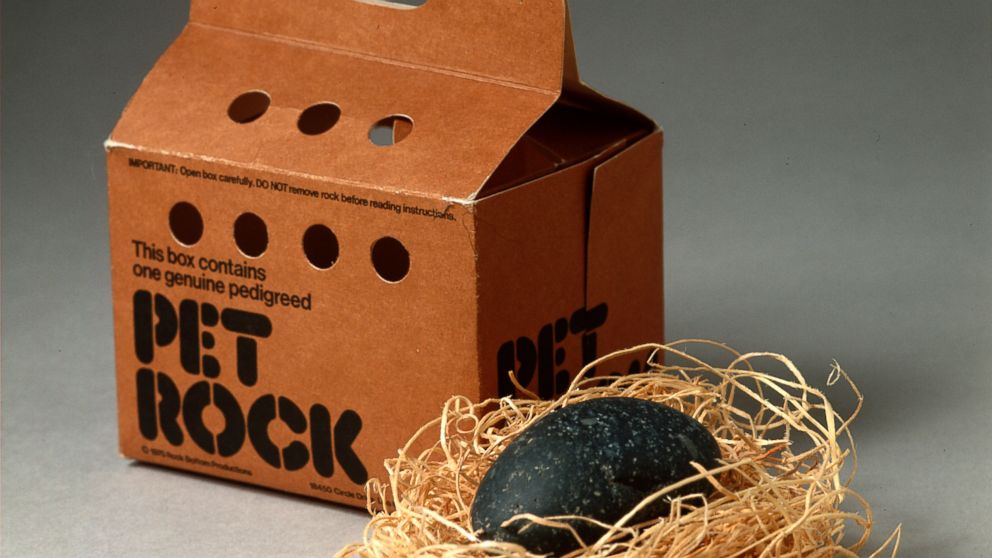I remember in the late 1970s, there were regulations on the import of “trucks” versus “cars” - it was harder to import a truck than a car. This led to the rather bemusing sight of a pickup truck, with seats permanently installed in the uncovered bed of the thing.
As far as “why is it all SUVs”, presumably demand, demand, and demand.
Prior to our last car purchase, one of our cars was a Honda Civic. Great car, great mileage; it was 22 years old when it finally wanted a repair that was 5 times the car’s value. I hated driving it because it was so low to the ground, I literally had trouble getting in and out of it.
Figuring that was not going to improve as we aged, we went shopping, and wound up with another SUV. We bemused a few car sales people by walking in and saying “Nope, don’t want to test drive, just want to SIT in a couple types of cars”.
So for us, it was a combination of ease of entry / exit (though they could stand to get rid of that “lip” that is such a hassle, especially as you age), and the ability to haul enough stuff when we wanted to. If we were buying two new cars, we might have gone for one sedan (slightly larger than the Civic) and one SUV for travel.
So, the SUV was a good compromise for us. If my daughter ever gets her license, we’ll get her a compact car. She can earn her own SUV.
Something that might give an interesting insight into what people need is if you look at prices for various classes of car rentals. Minivans are normally quite expensive, though that’s likely skewed: there are a lot of people who only need a minivan when taking a family vacation. Ditto SUVs (either smaller, like our CRV, or the big ones like an Expedition). I looked at renting a minivan for our family eclipse-viewing trip and it would have been nearly 2,000 dollars for 10 days. Oddly, the CHEAPEST option was a large-format SUV - cheaper than a compact car. That’s NOT the norm.

